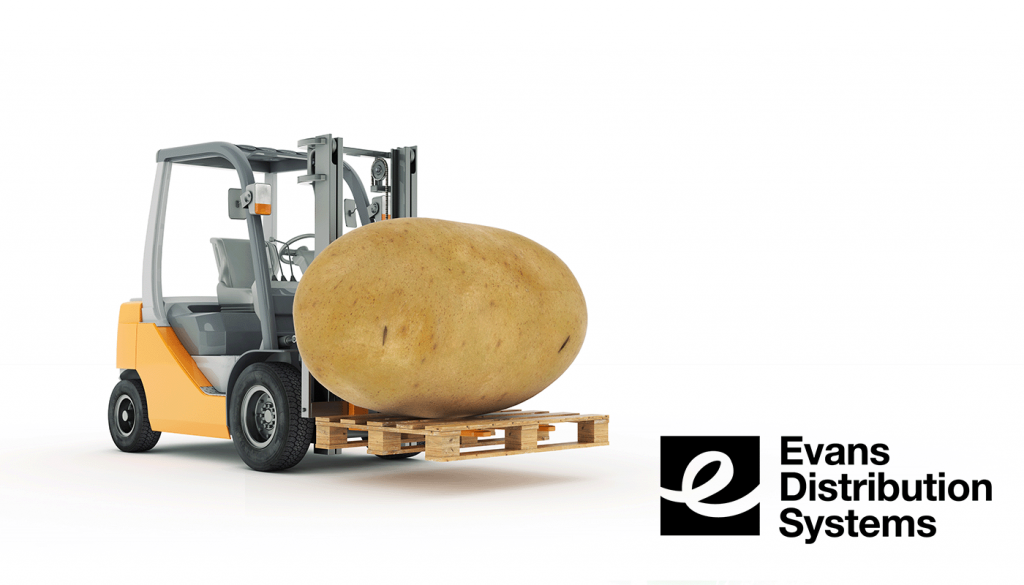Food and beverage logistics are unique from other industries. These products have a shelf life and must meet strict delivery deadlines. From the moment it’s packaged, the clock starts ticking to get the product on store shelves and into the customer’s hands. There are also separate regulations that food storage facilities must meet to ensure safety, quality, and freshness. This article explores best practices in food and beverage logistics to maintain standards of a high-quality food supply.
What is Food and Beverage Logistics?
The processing, packaging, storage, transportation, and delivery of food and beverage products constitutes food and beverage logistics. This included the shipment of alcoholic beverages. The Food and Safety Modernization Act (FSMA), regulated by the Food and Drug Administration (FDA), sets cleanliness standards for shipping products over road or rail. The food and beverage industry is shifting from a lean inventory model to a model that allows more products on hand. This allows companies to reduce shortages and wait times between shipments if there is a delay in production. However, depending on the product, this can increase the chance of food spoilage before the product reaches the store. To adapt to these shipping models easier, follow these tips.
Use Strategic Locations
When dealing with strict shipping deadlines the location of a warehouse can be critical. Strategically positioning your warehouses to be within proximity to your operation can reduce shipping times and allow for adaptability for seasonality. Also, by reducing travel time between the warehouse and the store, you can save on travel costs.
Integrated Food Logistics
Bundling multiple logistics services within one company can be beneficial too. Value-added services like packaging, quality inspection, returns processing, and light assembly will increase efficiency in your supply chain. In an industry where timelines are important, any strategy to reduce delays and streamline processes should be utilized.
FDA-approved Warehouse Solution
Any warehouse that stores food must register with the Food and Drug Administration (FDA) and be subject to third-party audits periodically. The FDA is the federal governing body responsible for regulating the standards for manufacturing, handling, storage, transportation, and sale of U.S. food products. FDA-approved facilities are required to have a written plan for preventing food contamination and must be ready to act on the recall status of any food or beverage product in storage. The failure to comply can result in significant fines or the FDA shutting down the warehouse.
It’s important to work with a company that is well-versed in food and beverage regulations. Evans Distribution Systems has been operating in the food and beverage industry for more than 30 years. Our company operates under a liquor license and several food-grade facilities throughout Southeast Michigan. Learn more about how Evans can help you maintain food safety and quality. To contact a food and beverage logistics expert call 1-800-OK-EVANS or fill out the Request a Quote form.

